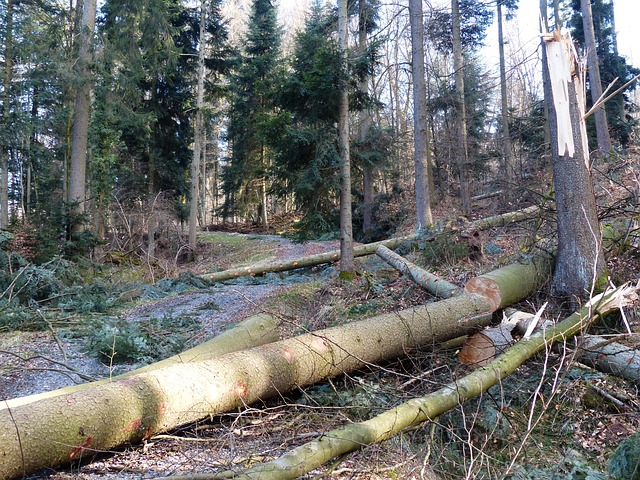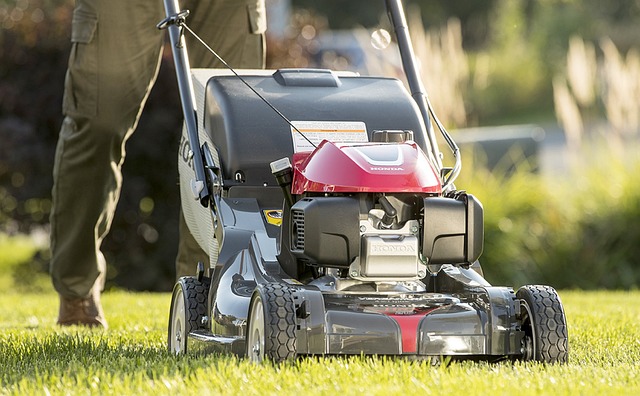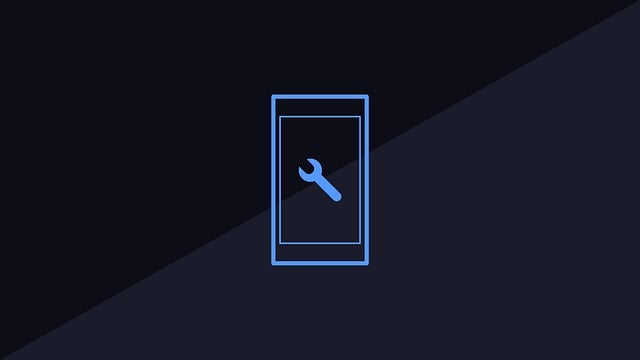Water Damage Repair Denver involves categorizing damage (Category 1-3) for tailored restoration. Professionals use traditional manual methods to advanced modern tech, like industrial fans and dehumidifiers, for efficient moisture removal. Key components include mold prevention through proactive cleaning, sanitizing, and anti-microbial treatments, especially in ceiling/drywall repairs, adhering to up-to-date insurance policies.
In Denver, water damage repair is a critical service, with varying restoration methods based on the severity of the incident. Understanding the degrees of water damage is key to effective repair. This article compares traditional and modern restoration techniques, focusing on efficient drying and mold prevention strategies. Whether it’s a burst pipe or heavy rainfall, knowing the best approach for each scenario can significantly impact the restoration process and reduce potential health risks associated with mold growth in Denver homes.
- Understanding Water Damage Degrees in Denver
- Traditional vs Modern Restoration Techniques
- Efficient Drying and Mold Prevention Strategies
Understanding Water Damage Degrees in Denver
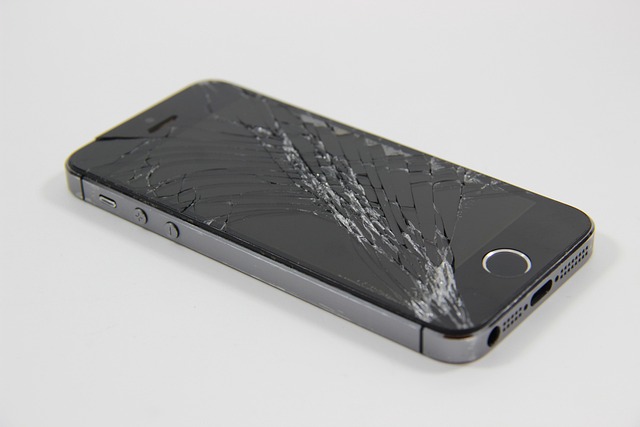
Water damage in Denver can range from minor to severe, each requiring a different approach for repair and restoration. Understanding these degrees is crucial when it comes to effective Water Damage Repair Denver. A thorough assessment by professionals determines whether the damage is Category 1 (smallest extent, no visible mold growth), Category 2 (more extensive, potential for mold), or Category 3 (most severe, often with visible mold and contamination).
This classification guides specialists in choosing the most suitable methods, from basic drying techniques to advanced restoration processes. For instance, a denver water extraction professional might employ specialized equipment for rapid water removal in Category 1 cases, while Category 3 damage may necessitate extensive decontamination and fix water damaged wood floors to prevent long-term structural or health issues.
Traditional vs Modern Restoration Techniques
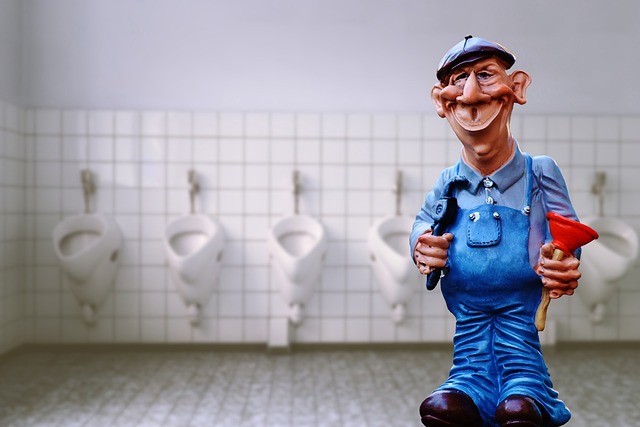
In the realm of Water Damage Repair Denver, traditional and modern restoration techniques have evolved, offering diverse approaches to returning affected areas to their pre-loss conditions. Traditional methods often involve manual labor and standard equipment, focusing on removing water and drying materials. This process includes steps like content packing, water extraction, and air movement to expedite drying. On the other hand, modern restoration techniques leverage advanced technology and innovative strategies. Tools such as industrial fans, dehumidifiers, and specialized cleaning agents play a pivotal role in efficient water damage restoration for homes and businesses in Denver.
When it comes to handling complex cases like sewage cleanup Denver, modern techniques prove more effective. Advanced equipment can swiftly locate hidden moisture and contaminants, ensuring thorough decontamination. Moreover, modern restoration services cater to home insurance water damage claims Denver by providing comprehensive documentation and utilizing up-to-date restoration practices, which are often covered under policy provisions. This ensures that property owners receive adequate support during the recovery process.
Efficient Drying and Mold Prevention Strategies
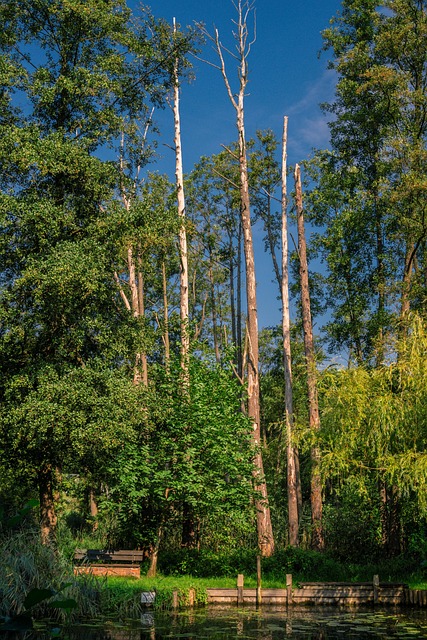
Efficient Drying and Mold Prevention Strategies are critical components of Water Damage Repair Denver. The primary goal is to mitigate moisture levels swiftly to prevent the growth of mold, which can cause severe health issues and further structural damage. Professional services in Denver employ advanced equipment like industrial fans and dehumidifiers to expedite the drying process. These methods not only reduce drying time but also ensure a more thorough job compared to home-grade equipment.
Additionally, an integral part of Water Damage Repair Denver involves proactive mold prevention. This includes meticulous cleaning and sanitizing of affected areas, along with the application of mold inhibitors. For instances where water damaged ceilings or drywall require repair, Denver experts follow strict protocols to remove and replace the damaged materials while encapsulating any existing mold spores. The use of anti-microbial treatments further safeguards against future mold growth, ensuring a healthier environment for residents upon completion of the Fire Damage Restoration Denver process.
When it comes to water damage repair Denver, understanding the severity of the issue and employing modern restoration techniques are key. Traditional methods, while effective, often leave behind moisture and can contribute to mold growth. Modern strategies focus on efficient drying and proactive mold prevention, ensuring a faster and healthier recovery for Denver homes and businesses. By combining advanced technology with proven practices, professionals in water damage restoration deliver top-notch service, restoring properties to their pre-loss condition swiftly and effectively.
